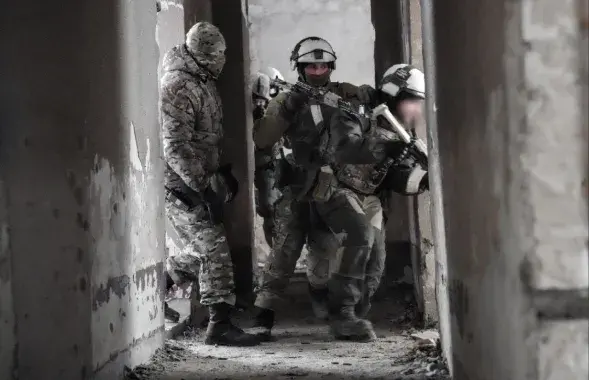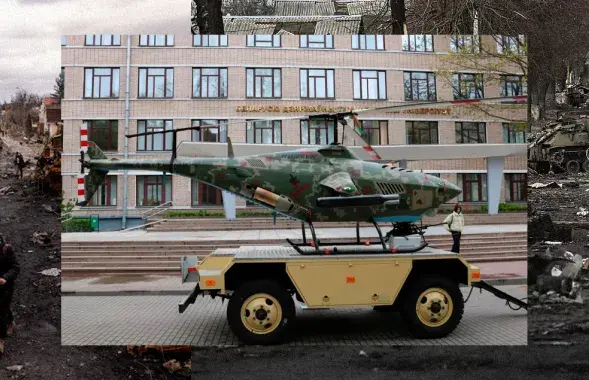Members of official youth union can’t afford working as volunteers in foreign camps
However, the Belarus branch of the International Civil Service (ICS) can help you travel abroad to work as a volunteer. Elada Hukasava, an ICS representative in Minsk, says they can arrange voluntary work opportunities in over 60 countries across the world.
Elana Hukasava: “We offer volunteering across Europe, in Africa, America and even Australia! Usually, our students head to Poland, Germany, the Netherlands and France – the countries which are near. They stay at the camps that focus on a variety of issues: teenagers, antiracism, environment, restoration, etc.”
In order to go to a summer camp, a minimal knowledge of foreign languages would be sufficient. English is normally a working language in most of the programs. But if you speak Spanish, for instance, you can easily go to Spain. There are no any other specific requirements, apart from motivation and desire, because this is voluntary work.
If you are set to take off for this trip, you will have to pay for your visa, if applicable, and your travel.
Elana Hukasava: “Food, boarding, insurance and sightseeing tours are covered by the organization”.
One should remember that insurance does not cover expenditures associated with the treatment of chronic diseases. Volunteers with chronic diseases should pay for an additional medical policy.
Elada Hukasava: “In this case, they will work in the offices of NGOs or at special centers for elderly or disabled… To be eligible, students are expected to have had a previous volunteering experience and a high command of the foreign language”.
While at the camp, you can be accommodated in tents or youth hostels. Food will be cooked by staff chefs, or you can be given pocket money.
Elada Hukasava: “If you work at a children’s center, there are chefs who cook for all. In some camps, volunteers get a certain amount of money and it is up to them what to buy and what to cook. For instance, today is Indian cuisine’s day. Tomorrow, it will be Belarus cuisine’s day… Eventually, they end up eating a variety of international cuisines”.
All the conditions will be communicated to you well in advance.
Students usually work 4-6 hours per day. A working day can depend on weather, thus lasting two or over six hours. Saturdays and Sundays are off. Volunteers normally travel at the weekend. If a camp is located in a city, students can spend their weekend, visiting museums. If you work in a village, hosts will take you for a tour. However, weekend sight-seeing tours are not mandatory.
If you have any complaints, there will always be someone to seek assistance from. All summer camps have camp leaders who run all the administrative matters, including your money and insurances. You should approach them if you get sick or run into any other problems.
Camps usually bring 1-2 persons from the same country, with a total of 15-20 participants. Elada Hukasava reassures that volunteer camps are fun and a great opportunity to learn new things.
“They cook various food, make international parties or teach each other national dances. It is always fun. Sometimes when there are several working languages in the camp, while there are people who don’t speak any of them. However, they somehow manage to communicate! They make friends and then travel to visit each other”.
The Belarusian National Youth Union (BRSM) offers an alternative to volunteer summer camps. However, all of those camps are located on the territory of Belarus, according to Anton Samusenka, the commissioner in charge of student labor teams at BRSM’s headquarters in Minsk.
Anton Samusenkau: “We had a team that worked in the Botanical Gardens for two months. Reconstruction is underway in the Gardens, so they asked for help. Every Saturday, we had up to 40 students from each university to help them out there. There is also a summer camp for volunteers at the Biarezinski biosphere reserve. It has been organized for three consecutive years. Students work there for four hours per day and organize parties after work to have fun”.
Such camps are free of charge for students, because the government provides funding. However, money was not enough last year, so organizers had to collect Br50,000 ($25) from each participant. Last year, over 3000 students worked in various camps in Belarus".
To be continued...

















